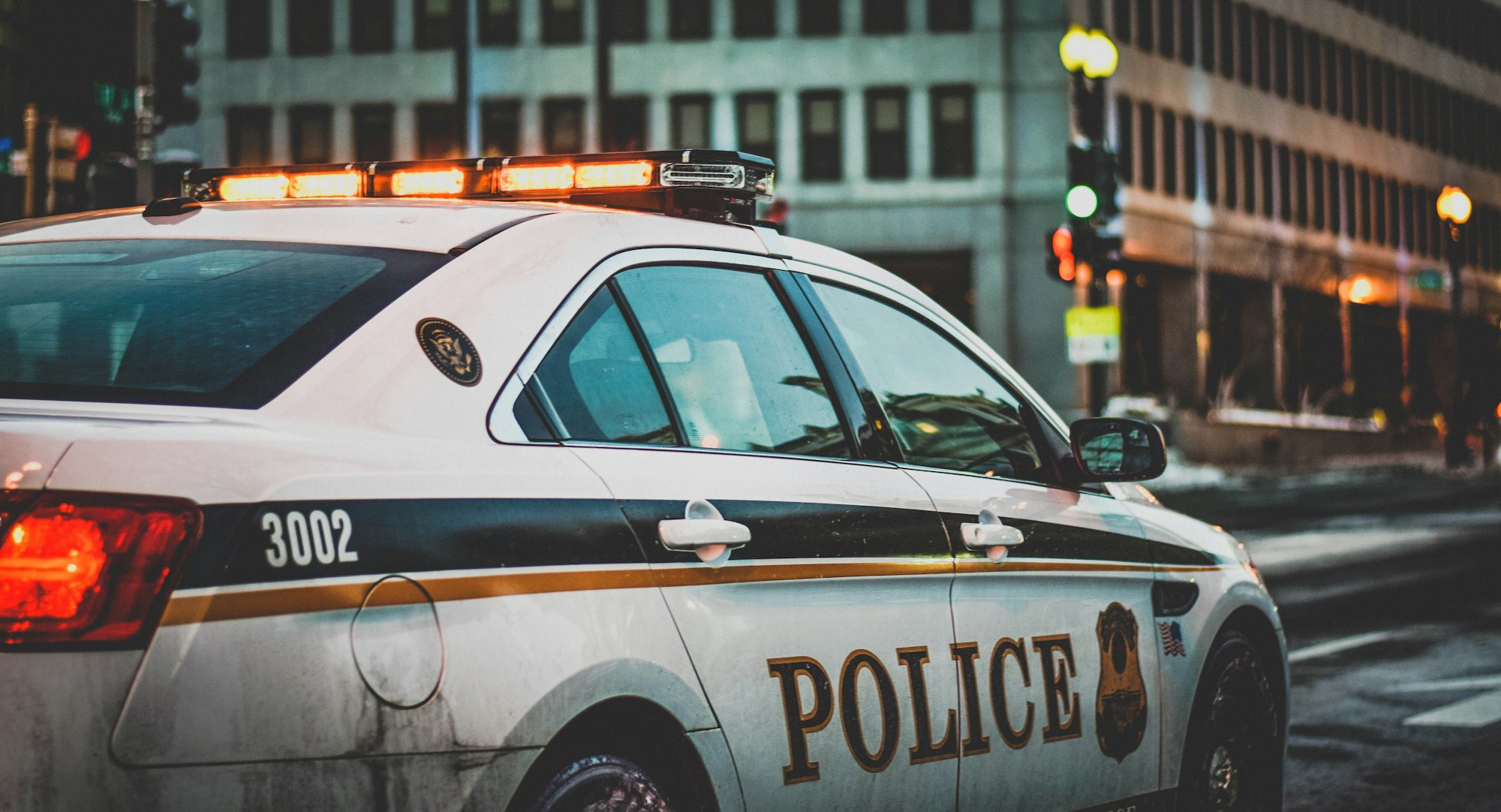4th Amendment Rights in Routine Traffic Stops

This is my answer to the following question on Quora:
What would happen if a driver was pulled over in a routine traffic stop, and police officers found a “priceless” Chinese puzzle box in his car which the driver claims he does not know how to open? If the officers believe something illegal is inside, would they be allowed to force the box open right then and there, even if that would destroy it?
Legal Background:
As with many legal questions, the best answer is, “It depends.” Specifically, the answer hinges upon the specific facts of your situation. The best way to unpack your question is through an analysis of three leading 4th Amendment cases and how those decisions impact your hypothetical scenario:
1. Chimel v. California, 395 U. S. 752 (1969)
2. New York v. Belton, 453 U. S. 454 (1981)
3. Arizona v. Gant, 556 U.S. 332 (2009)
The 4th Amendment requires a warrant for searches and seizures. There are many exceptions to the general rule. In Chimel, the Supreme Court held one such exception is a search incident to lawful arrest. The traffic stop mentioned in your question would be such a search.
Thereafter, the Belton Court limited searches to only space within an arrestee’s “immediate control.” This space was also described as “the area within which [the arrestee] might gain possession of a weapon or destructible evidence.”
In the Supreme Court’s recent Gant decision, the Court held that a search incident to lawful arrest should be limited to circumstance where it is reasonable to believe that:
1) the arrested individual might access the vehicle at the time of the search; or
2) the arrested individual’s vehicle contains evidence of the offense that led to the arrest.
“Priceless” Chinese Box Questions :
If the officers believe something illegal is inside, would they be allowed to force the box open right then and there, even if that would destroy it?
No. The mere thought that something illegal might be inside the vehicle does not authorize the search. There would have to be something more; such as reasonable suspicion that the contents of the box pose danger to the officer (ex/ like a bomb). If the individual was stopped as a suspected thief of rare antiquities, then those facts would support an officer’s ability to search the Chinese box (as evidence related to the offense leading to arrest).
Under what charges would the officers be allowed to arrest the driver, such that the box could be admitted as evidence and examined or opened later, possibly by an expert?
If the arrestee was taken into custody, the contents of the car could likely be search and inventoried under the rationale of South Dakota v. Opperman, 428 U.S. 364 (1976). The Court reasoned that it was necessary to: (1) protect the property of the owner, (2) protect the police from dangerous object within the vehicle and (3) to protect the police from false allegations of theft.
If the priceless box was destroyed while trying to open it, and nothing incriminating was found inside, would the law allow for the driver to be compensated?
No. The destruction of the box isn’t a relevant concern (even if it’s a really valuable box). The case of Florida v. Wells describes a scenario where officers forcefully open a locked suitcase to find a considerable amount marijuana. For a highly detailed analysis of when destruction of personal property by government officers is compensable, see this law review article.
What if something incriminating was found inside?
That evidence could be used against the arrestee at trial, so long as officers did not violate the 4th Amendment.
What if any, legal precedents would allow the box to remain closed and the driver to be released?
Florida v. Wells might be the best authority in support of the box remaining closed. The key take away Wells is that a police department’s policies will govern the constitutionality of locked container searches. If the department doesn’t have a policy to search every container, there may be hope for getting that evidenced suppressed.
As Chief Justice Rehnquist wrote, “Requiring standardized criteria or established routine as to such openings prevents individual police officers from having so much latitude that inventory searches are turned into a ruse for a general rummaging in order to discover incriminating evidence.”
